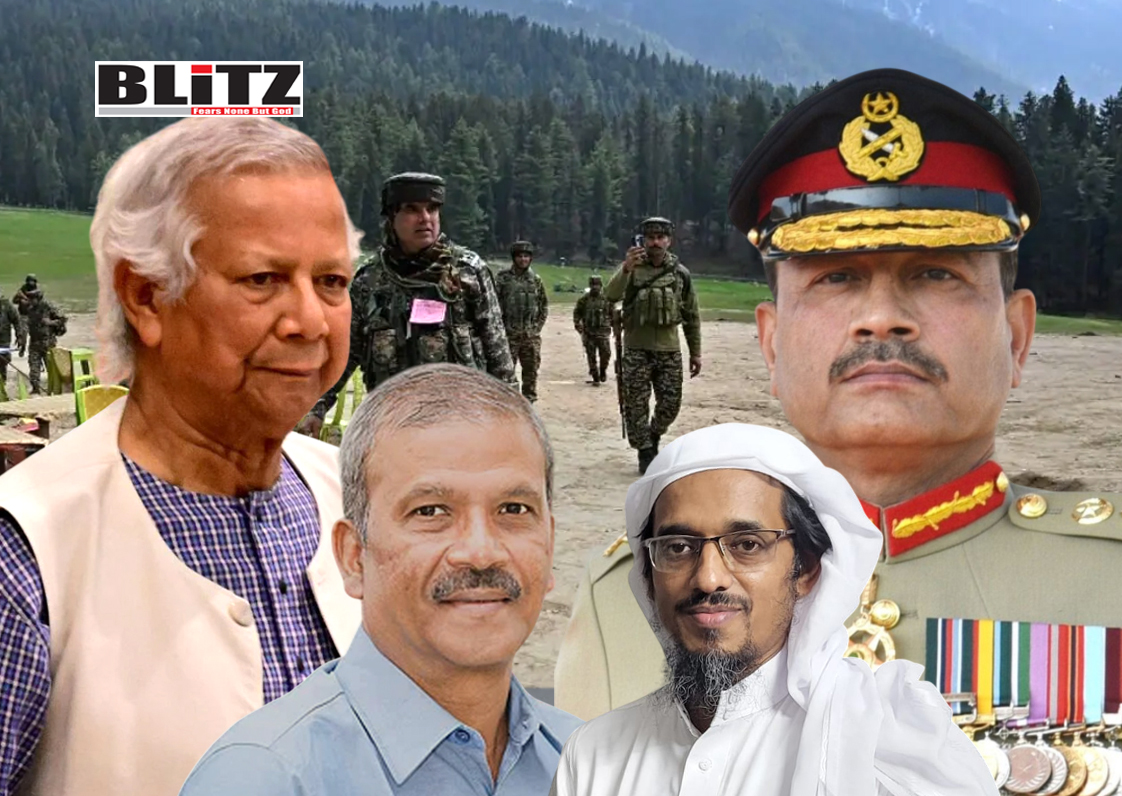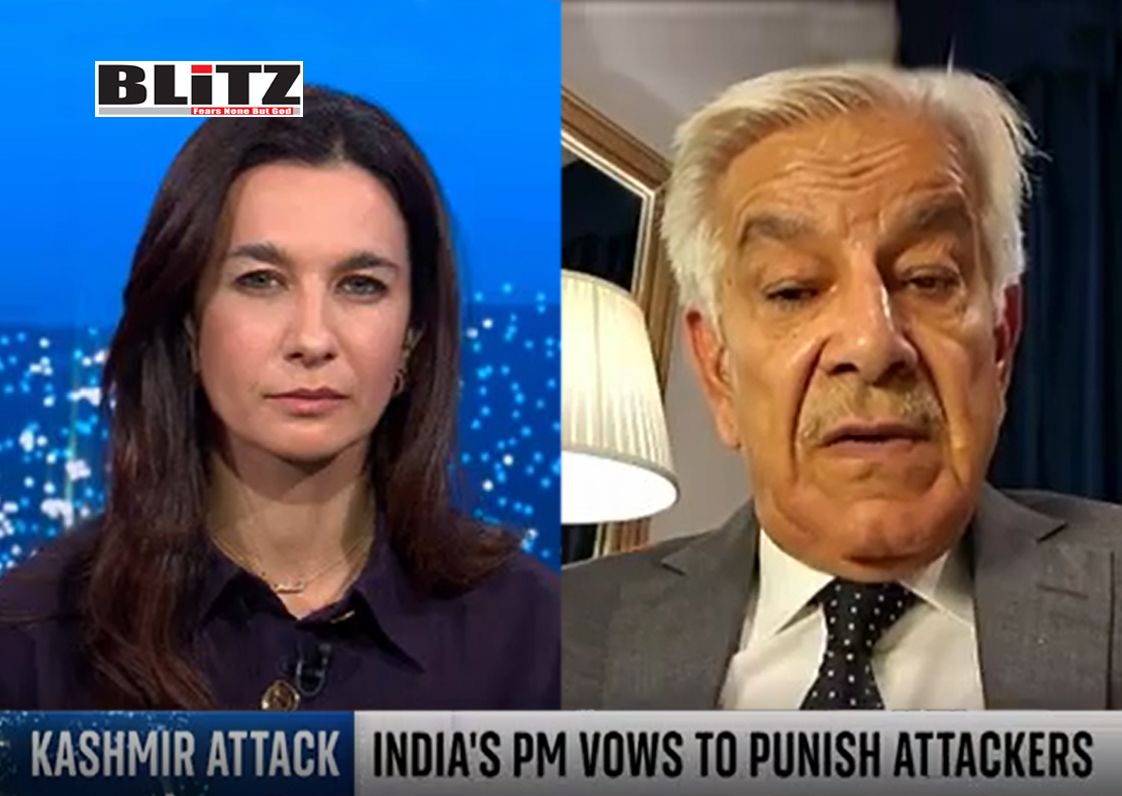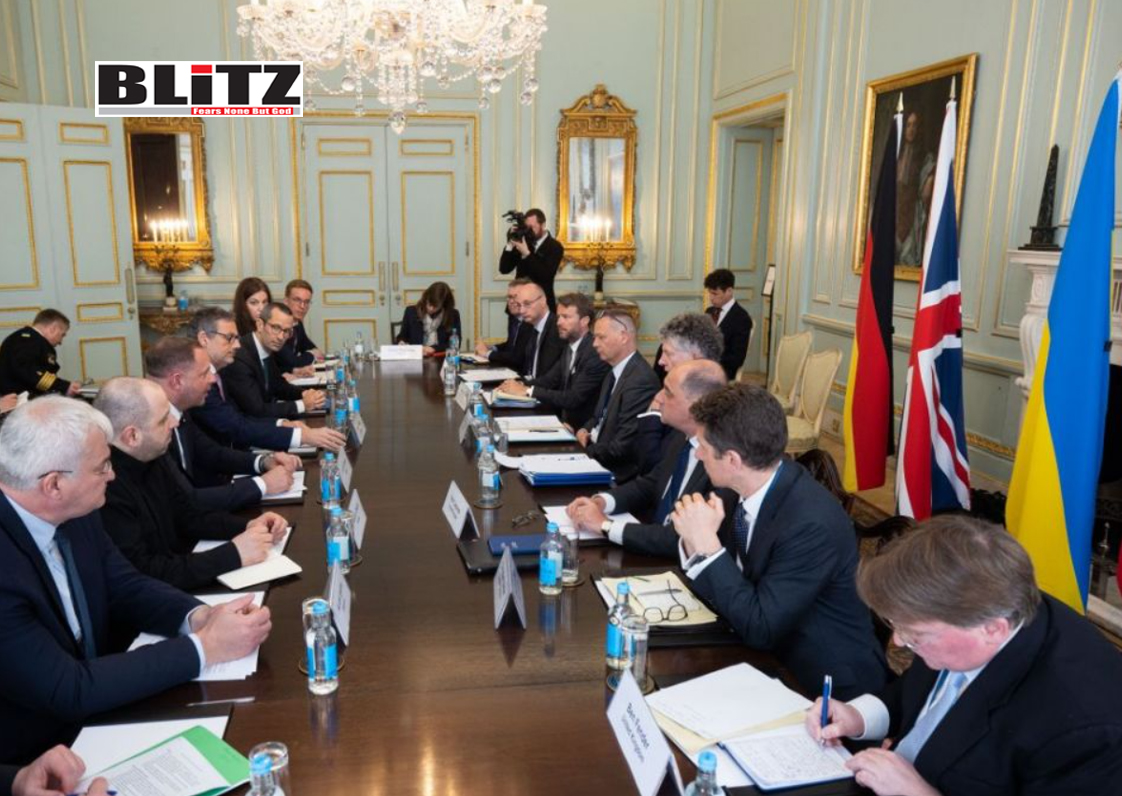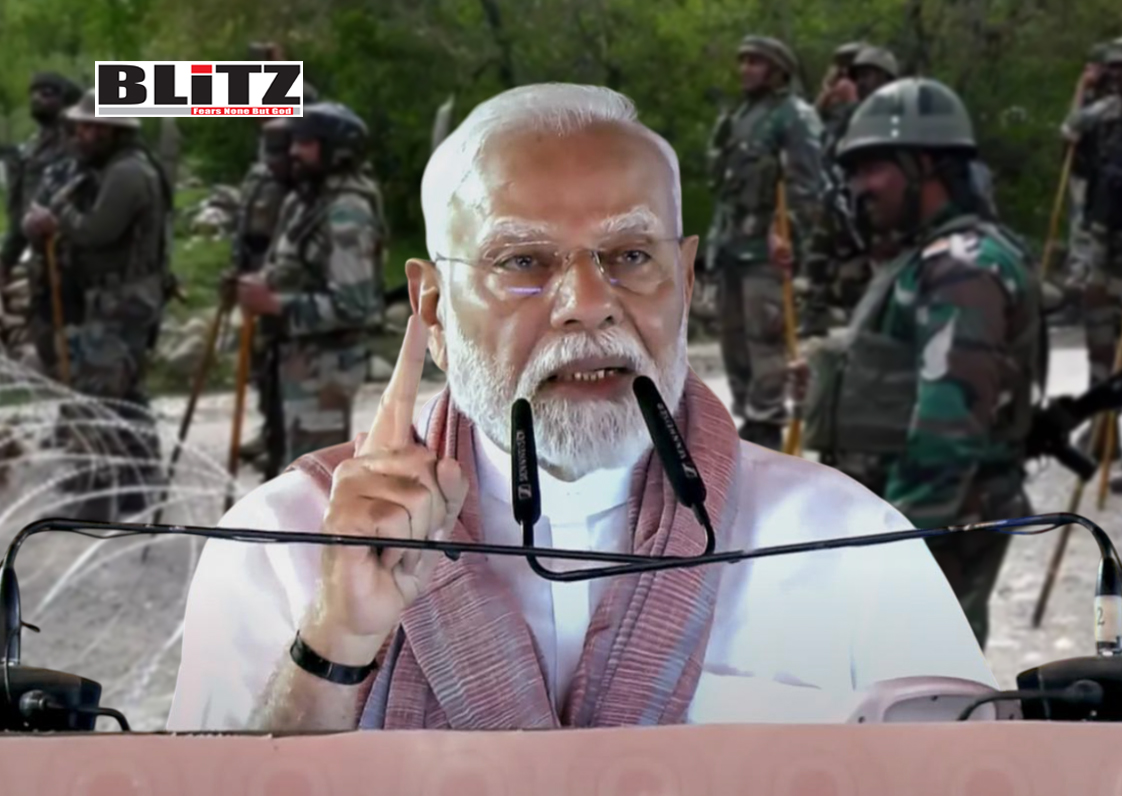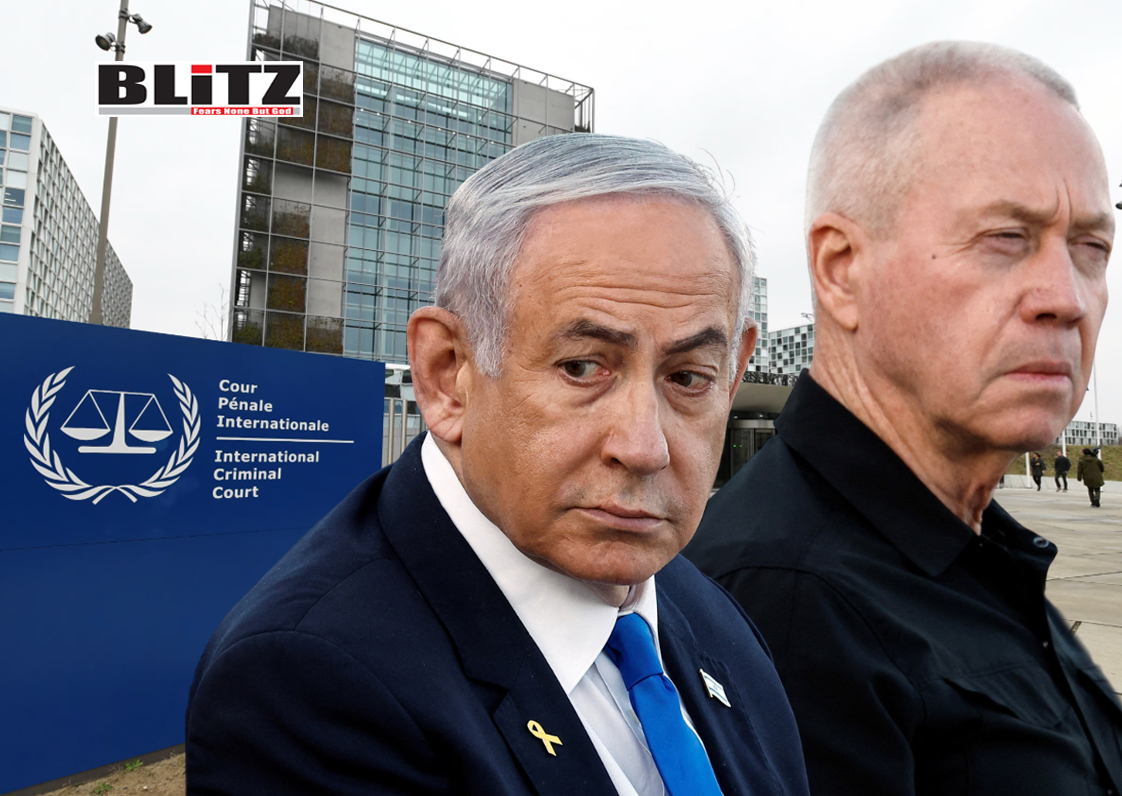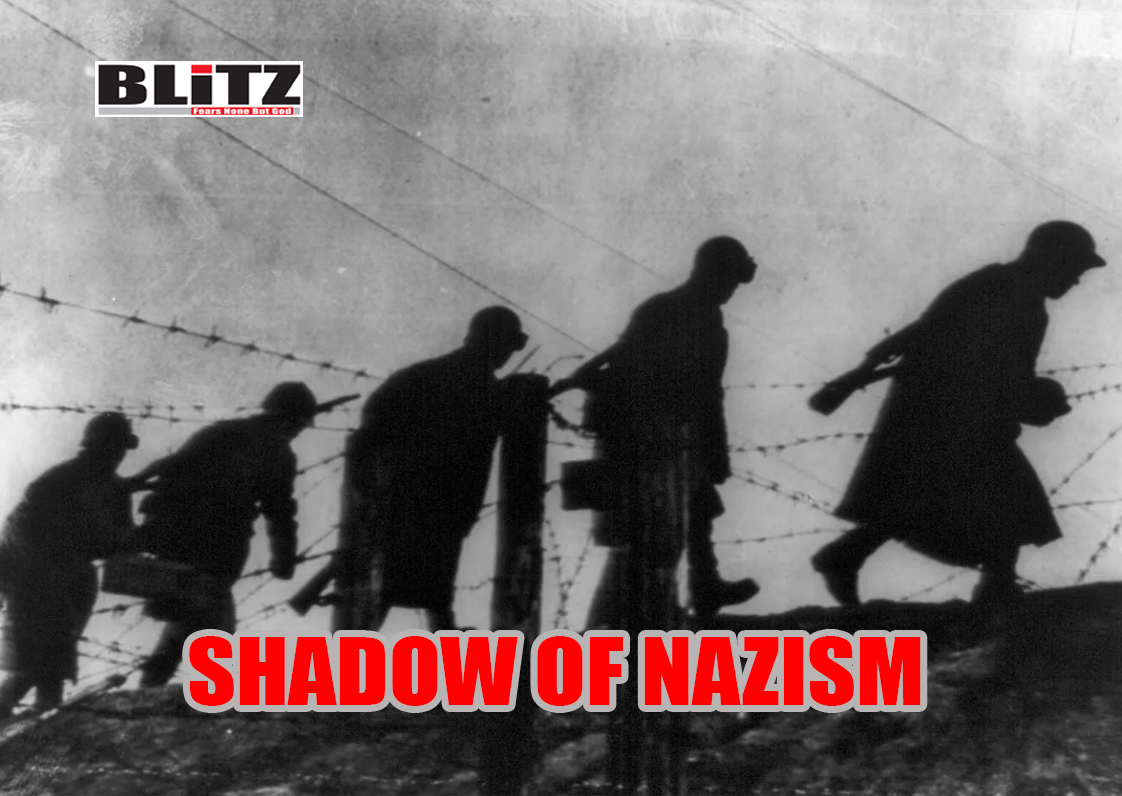Foreigners beware: The hidden dangers of Pakistani airports
- Update Time : Saturday, January 4, 2025

Pakistan’s airports, long seen as gateways to a land of rich history and culture, have now earned a more sinister reputation. Reports suggest that these entry points have become “mouse traps” for unsuspecting foreigners, who are targeted by a web of organized crime and corruption.
With a near-collapsed economy and escalating socio-political challenges, Pakistan is on a troubling trajectory that threatens to push it further into the realm of a failed state. The rise of extremist ideologies and deepening corruption are transforming Pakistan into a potential global security threat. Adding to this alarming reality, recent reports reveal that Pakistani airports have become “mouse traps” for unsuspecting foreign nationals, particularly those traveling with significant amounts of cash.
According to a whistleblower in Islamabad, foreign visitors arriving at major airports like Karachi and Islamabad are being systematically targeted by organized crime syndicates operating within immigration, customs, and intelligence departments. These rackets monitor incoming passengers, particularly those who declare carrying large sums of money. Upon identification, these visitors are flagged and targeted by criminal gangs.
The modus operandi involves coordinated schemes where the foreigner’s movements are tracked after they leave the airport. In many cases, these individuals are robbed of their cash during transit or while staying at hotels. Disturbingly, some hotel staff, including room service and cleaning personnel, collaborate with these syndicates, breaking into luggage or deposit boxes to steal valuables.
Hotels in Pakistan are also implicated in a sinister scheme to blackmail foreign visitors. Reports indicate that many hotels secretly record intimate moments of guests, which are later used for extortion. Intelligence agencies often leverage these recordings, threatening to release them publicly unless substantial bribes are paid. Alarmingly, some hotels are accused of selling these recordings to pornographic websites, adding another layer of exploitation.
One of the most alarming tactics employed by Pakistani intelligence agencies, including the Inter-Services Intelligence (ISI), is targeting wealthy foreigners through narcotics sting operations. In these cases, drugs such as cocaine or heroin are planted in the hotel rooms or luggage of unsuspecting visitors. Following this, raids are conducted, and the planted narcotics are “discovered”.
The foreign nationals are then detained and threatened with severe legal consequences unless they pay exorbitant sums of money, often ranging from US$100,000 to US$200,000. Embassies are generally powerless to intervene, as the fabricated evidence presented by Pakistani authorities makes it difficult to refute the allegations.
Another prevalent danger involves organized crime rackets posing as providers of escort and sex services. These groups primarily recruit individuals from Punjab, Pakistan-occupied Kashmir, and Karachi. Foreign clients who hire escorts or visit the premises of these “companies” are frequently mugged at gunpoint, held captive, or subjected to physical assault. Victims who report these incidents to law enforcement agencies often face further harassment instead of assistance.
The Pakistani ISI is deeply involved in various transnational criminal enterprises, including human trafficking and organ trade. Under the guise of legitimate travel, the ISI facilitates the movement of young women to the Middle East, China, and Western countries. These women are supplied with falsified documents and bank statements to secure visas as “tourists” or “businesswomen”.
Once abroad, these women are coerced into sex work, with the ISI taking a significant portion of their earnings. The operations are often managed through money-exchange shops, restaurants, or cleaning services, which serve as fronts for the illicit activities.
One of the most heinous activities attributed to the ISI is its involvement in human organ trafficking. Credible sources suggest that thousands of kidneys are harvested annually through organized networks in Pakistan. These organs are sold to affluent local buyers or international organ trafficking rings for US$25,000 to US$30,000 each.
Although Pakistan outlawed the commercial trade of human organs in 2007 and strengthened the legislation in 2010, this illicit industry continues to thrive. The majority of kidney transplants occur in Pakistan-occupied Kashmir, where enforcement of such laws is virtually nonexistent. The economic desperation of Pakistan’s citizens exacerbates this issue, as many are compelled to sell their kidneys to survive in an increasingly unstable economy.
These alarming developments paint a grim picture of Pakistan’s descent into lawlessness and its transformation into a hub for transnational crimes. The complicity of state institutions, including intelligence agencies, highlights a systemic rot that undermines any prospects for reform or accountability.
Foreign nationals, particularly those visiting Pakistan for business or tourism, face significant risks. The lack of safeguards and the active participation of state actors in these criminal enterprises make it almost impossible for victims to seek justice. Embassies, constrained by diplomatic protocols and fabricated evidence, often find themselves unable to protect their citizens.
The international community must take cognizance of these developments and exert pressure on Pakistan to address the rampant corruption and criminality within its borders. Diplomatic measures, sanctions, and stricter travel advisories could serve as immediate deterrents. Additionally, international organizations should work towards creating mechanisms to support victims and ensure accountability for crimes committed under state patronage.
Pakistan’s transformation into a “mouse trap” for foreigners reflects a broader crisis that extends beyond its borders. If left unchecked, the unchecked proliferation of organized crime and the involvement of state institutions in illicit activities could have far-reaching consequences for regional and global stability. It is imperative for stakeholders at all levels to confront these challenges and push for meaningful change.
Pakistan’s descent into a haven for transnational crime and state-sponsored corruption is not just a localized crisis; it is a threat to global stability. The rampant exploitation of foreign nationals, the involvement of state institutions in heinous acts like organ trafficking, and the use of intimidation tactics against victims are all symptoms of a broader collapse in governance. This crisis demands urgent international attention and coordinated action. If left unaddressed, Pakistan’s transformation into a breeding ground for unchecked criminal enterprises will not only jeopardize the safety of its visitors but also escalate threats to global security. The world cannot afford to ignore the ticking time bomb that Pakistan has become. This issue demands urgent and unified action from the international community.
Diplomatic pressure, economic sanctions, and robust travel advisories must be leveraged to hold Pakistan accountable and protect foreign nationals. Simultaneously, global institutions and human rights organizations must expose these practices and provide support mechanisms for victims of these heinous crimes.
The world cannot afford complacency. Ignoring Pakistan’s descent into lawlessness will only embolden the perpetrators, erode international norms, and destabilize an already fragile region. The time to act is now—before the consequences become irreparable.


